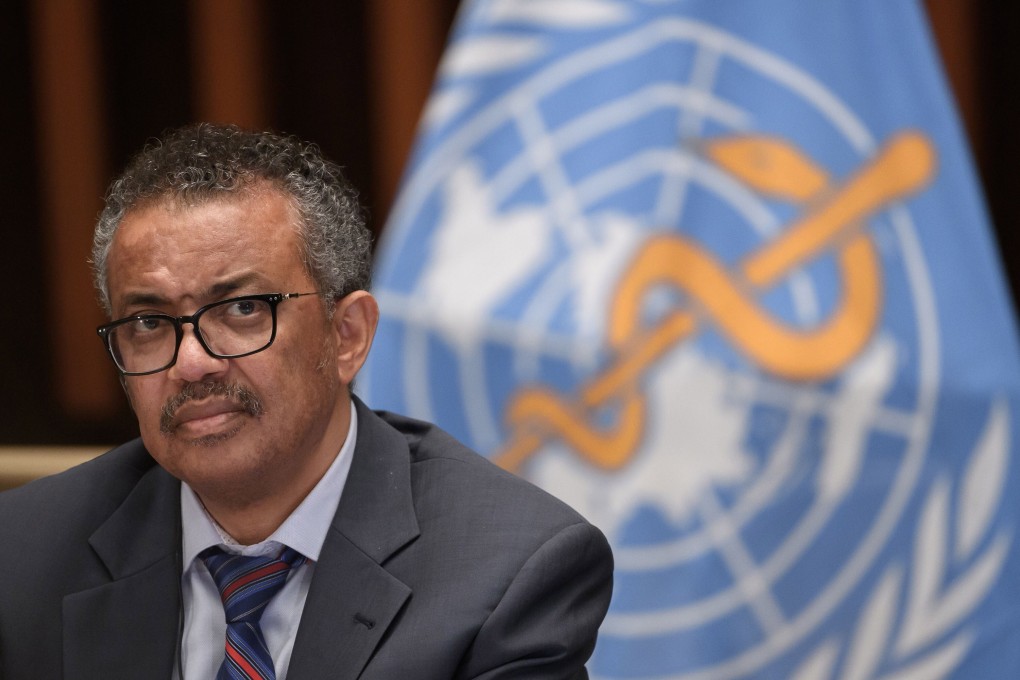WHO starts data-sharing effort to prevent pandemics. Will nations cooperate?
- WHO Hub for Pandemic and Epidemic Intelligence opens in Berlin backed by initial US$100 million from Germany
- It aims to pool global disease data, and produce tools to predict outbreaks – but is reliant on countries taking part

The WHO Hub for Pandemic and Epidemic Intelligence, based in Berlin, will get an initial US$100 million backing from Germany and is this year set to open a permanent campus in the city. It will be headed by Chikwe Ihekweazu, currently the director general of the Nigeria Centre for Disease Control.
WHO director general Tedros Adhanom Ghebreyesus touched on that at the hub’s opening on Wednesday and repeated so far unanswered calls for China to share more information about the coronavirus, first detected in the Chinese city of Wuhan.

04:21
Covid-19 pandemic ‘long way from over’ says WHO, as global infections continue to grow
“The reason [the Covid-19 origins study] is politicised is because access to data and information is not as you would expect, it’s a problem, so in order to make it a scientific debate we have to share data, and that’s what we are asking … to China to please share data,” Tedros said in Berlin.